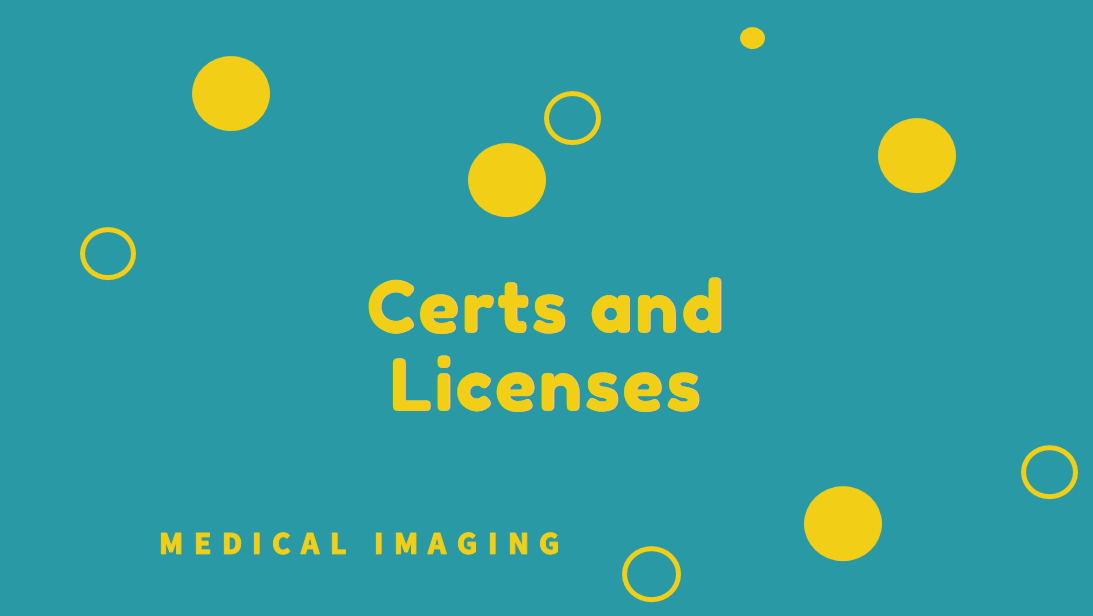Introduction
Licensing and certification are critical components in the career of a sonographer, signifying professional competence and adherence to industry standards. This article explores the importance of these credentials, the certifying bodies involved, and the process of obtaining and maintaining licensure and certification in sonography.
The Importance of Certification
Certification in sonography is not only a mark of professionalism but often a requirement for employment in many healthcare settings. It demonstrates a practitioner’s commitment to maintaining high standards of care and expertise in the field.
Certifying Bodies: The most prominent certifying organizations in sonography include:
- The American Registry for Diagnostic Medical Sonography (ARDMS)
- The Cardiovascular Credentialing International (CCI)
- The American Registry of Radiologic Technologists (ARRT) Each organization offers different certifications, tailored to various specializations in sonography.
Certification Process
The process typically involves:
- Completing an accredited educational program in sonography.
- Passing a certification examination, which assesses knowledge and skills in specific areas of sonography.
- Some certifications may require clinical experience or additional examinations in specialized areas.
State Licensure
While not all states require licensure for sonographers, those that do generally require:
- Completion of an accredited sonography program.
- Certification from a recognized body.
- Continuing education for license renewal.
Examination Preparation and Requirements
Preparation for certification exams often includes:
- Reviewing core concepts and skills learned during educational training.
- Utilizing study guides and practice exams provided by certifying bodies.
- Staying updated with the latest practices and technologies in sonography.
Continuing Education
To maintain certification, sonographers must engage in continuing education (CE). This involves:
- Completing a certain number of CE credits within a specified period.
- Staying abreast of advancements and changes in the field.
- Renewing certification periodically, which often includes retaking exams or meeting updated criteria.
Specialization Certifications
Sonographers can pursue advanced certifications in areas like pediatric sonography, breast sonography, or vascular technology, enhancing their expertise and career opportunities.
Licensing and certification in sonography are not merely formalities; they are essential steps in establishing and advancing a career in this field. They reassure patients and employers of a practitioner’s competence and dedication to high-quality care. As the field evolves, continued education and recertification ensure that sonographers remain at the forefront of this vital healthcare service.

